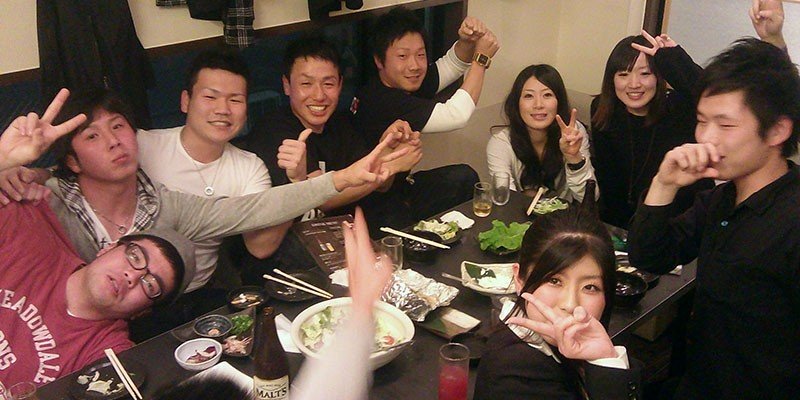Studying Japanese alone can be a big challenge, but it is also one of the most rewarding ways to learn. Independence in studying allows for flexibility, but it requires discipline and well-defined strategies. Let's explore some practical tips for those who wish to learn Japanese on their own, avoiding common mistakes and increasing efficiency.
Table of Content
Where to Start?
Many people feel lost at the beginning, not knowing where to start. The first step is to choose a quality material that aligns with your level and learning style. There are free resources available, such as apps, websites, and YouTube videos. Some of the most recommended are:
- Genki (for structured study)
- Duolingo and LingoDeer (for casual study)
- Grammar videos on YouTube, like those from "Japanese Ammo with Misa."
- Japanese Course from Suki Desu.
After choosing, focus on completing one module at a time, extracting the most from the material before moving on. Avoid skipping steps; mastering the fundamentals is crucial.

When Studying Becomes Monotonous
It is common for initial enthusiasm to diminish and studying to become tedious. This happens because learning requires mental resilience, something that develops over time. One way to overcome boredom is to alternate different activities:
- Light reading: Magazines, manga, or news in Japanese.
- Audio: Listen to Japanese podcasts or music.
- Active practice: Write sentences or try to form simple dialogues.
Varying activities helps maintain interest and prevents stagnation.

Developing Resilience
To study consistently, it's important to associate Japanese with things you enjoy. If you love anime, choose episodes with Japanese subtitles to practice reading and listening. If you're a fan of Japanese pop culture, follow websites and forums from Japan, even if you understand little at the beginning.
Practical tip: Set aside at least 20 minutes a day for something enjoyable related to Japanese. This helps to create a habit and increase your mental resilience over time.

Planning a Study Routine
When motivation fails, a schedule can be the solution. Set aside a day to try out different activities, such as reading, listening, and writing. After that, organize your preferences and build your routine:
- Choose activities that you enjoy and spread them out over fixed days.
- Include at least one activity that you find most difficult.
- Set a fixed schedule for studying.
Example of a simple routine:
- Monday to Friday: 1 hour of study in the evening (30 minutes of grammar and 30 minutes of reading).
- Weekends: Watching videos or practicing writing.

Beware of Excessive Enthusiasm
It's normal to feel excited at the beginning, but be careful with unrealistic expectations. Many start thinking that in a few months they will be fluent, which can lead to frustration. Studying Japanese is a slow journey, like climbing a mountain. Focus on small and consistent progress.

Self-discipline and Realistic Goals
Studying alone requires self-discipline. This means:
- Set schedules and stick to them.
- Eliminate distractions during study.
- Be realistic about what you can learn in a given period.
A clear goal is what will keep you on track. Want to watch anime without subtitles? Travel to Japan? Interact with locals? Use that goal as daily motivation.

Make Friends and Challenge Yourself
Interaction with other Japanese learners is valuable. In addition to helping practice the language, creating a "friendly rivalry" can boost your progress. Join online study groups or social networks focused on language learning, such as Discord or Reddit.
If you can't find people to interact with, it is still possible to study. Your goal should be the main focus, regardless of who is around you.

Don't Make Excuses to Avoid Studying
It's easy to fall into self-deception with excuses like:
- "I don't have time."
- "Studying too slowly."
- "Other people learn faster than I do."
The truth is that learning Japanese requires sacrifice of time and energy. Even if you only have 30 minutes free each day, use that time to study. Small daily steps are better than not moving at all.
Be Free
Of course, certain methods may or may not work for you; the best thing is to find what fits your profile the most. If you're not good at studying alone, perhaps an option is to do an exchange in Japan.
Studying Japanese alone can be challenging, but it is completely possible with organization, discipline, and passion. Love the language, set realistic goals, and make learning an enjoyable part of your day. Remember: consistency is more important than speed.
Good studies and ganbatte!
